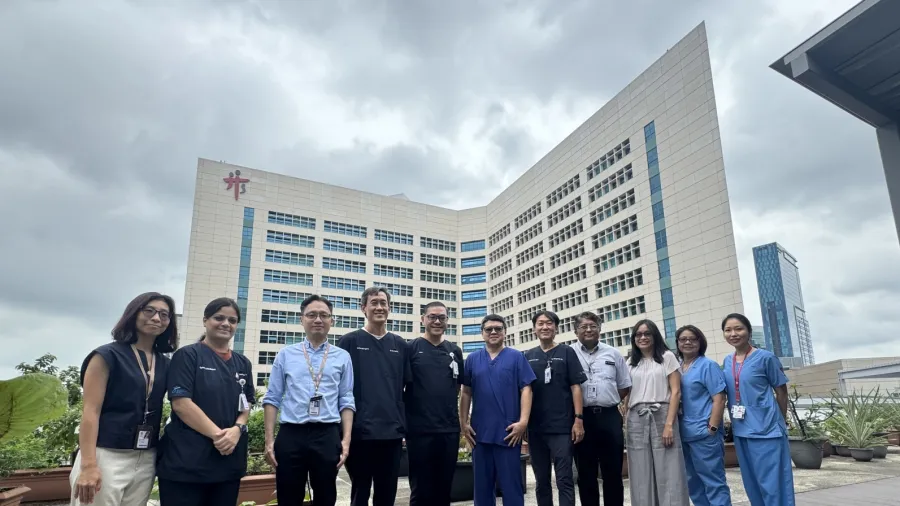
Tan Tock Seng Hospital offers seamless sleep apnoea treatment
The Singapore hospital combines expertise from ENT, psychiatry, and respiratory medicine.
Snoring, often dismissed as a harmless quirk of sleep-deprived Singaporeans, may signal a bigger problem. Tan Tock Seng Hospital (TTSH), a healthcare institution of the National Healthcare Group, is addressing this concern with the Integrated Sleep Service.
Sleep apnoea, a disorder characterised by breathing interruptions, remains largely underdiagnosed in Singapore, Dr Lee Chuen Peng, a TTSH Respiratory and Critical Care specialist, told Healthcare Asia. “This can lead to further medical problems.”
Singaporeans are the most sleep-deprived amongst 17 markets surveyed by UK-based YouGov in December 2023, with 54% getting less than the recommended seven hours of sleep daily.
Lee said Singapore is gradually building its capabilities in sleep medicine, and TTSH’s Integrated Sleep Service, which is still in its pilot phase, refers patients to a pool of trained general sleep practitioners at the hospital, including respiratory physicians, neurologists, psychiatrists, ENT specialists, and family practitioners.
In line with this, TTSH, Singapore's second-largest acute care general hospital, offers in-house continuous positive airway pressure (CPAP) therapy, which Lee described as 'the golden standard.' “Most patients, who tested positive for sleep apnea with a home sleep study, will be started on CPAP as an initial form of therapy.”
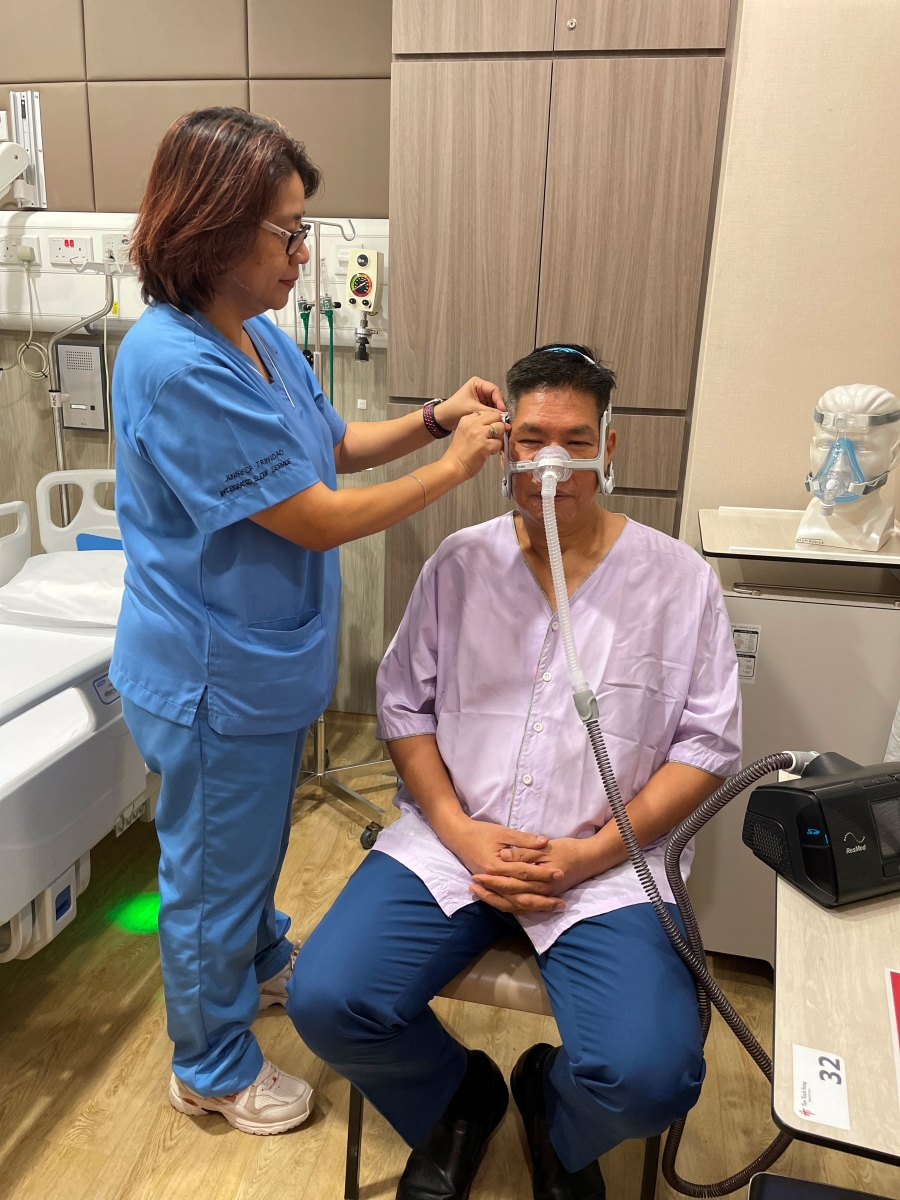
“They go through a session where we help them select a mask. We then loan the device for a month-long trial period,” he added.
At the end of the trial, the CPAP device is returned and the data is analysed to assess the treatment's effectiveness.“More than 50% of patients typically choose to continue using CPAP as their main form of therapy.”
The patient is then referred to the device vendor, though they need to return to Tan Tock Seng for follow-up appointments.
If needed, a more complicated sleep study, known as a polysomnography, is conducted before presenting the patient with more management options. “Complicated cases may be referred to speciality services at the sleep centre.”
TTSH categorises sleep studies into four levels to ensure patients get tailored care. For instance, Level 2 studies can benefit stroke patients, a group where obstructive sleep apnoea prevalence reaches 70%, Lee, a pulmonologist and intensivist who also practises sleep medicine, said.
Some of the level 2 studies are usually carried out at the hospital’s Integrated Care Hub where most patients undergo ambulatory rehabilitation. Sleep technologists use portable testing equipment at their bedside.
Lee said these sleep studies could take a lot of work, adding that complex cases could take as long as two hours. “We need to examine every 30-second interval of sleep on a page-by-page basis”
The hospital is looking at how artificial intelligence (AI) could help analyse sleep recordings to automatically detect sleep stages. “Eventually, we aim to incorporate AI into the sleep laboratory processes,” Lee added.
The hospital has also launched initiatives, such as the Sleeptight Study, which seeks to improve sleep in patients in critical care settings.
“We have conducted studies using ‘sleep well bundle’ interventions,” Lee said. “These include reducing noise levels, ensuring appropriate lighting, enhancing comfort, promoting natural sleep cycles, and implementing patient-centred approaches.”
“Specifically, we are exploring how much money we can save as a nation by preventing complications associated with sleep apnoea, such as heart attacks and strokes,” he added.
Lee said awareness is lacking among Singaporean citizens and even doctors. “Addressing these gaps will be essential to improving early diagnosis and treatment of sleep disorders.”
"The National Healthcare Group has recently published a paper proving the cost-effectiveness of the treatment of sleep apnea within its catchment and at the national level."


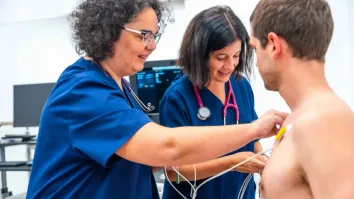
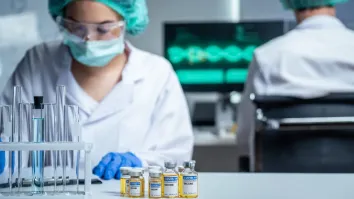
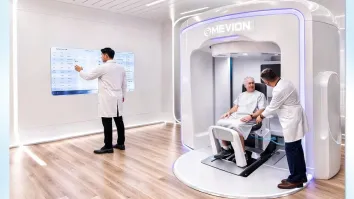
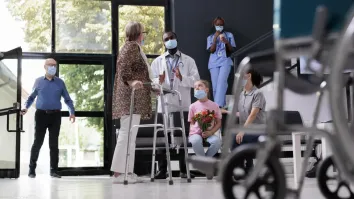













 Advertise
Advertise






